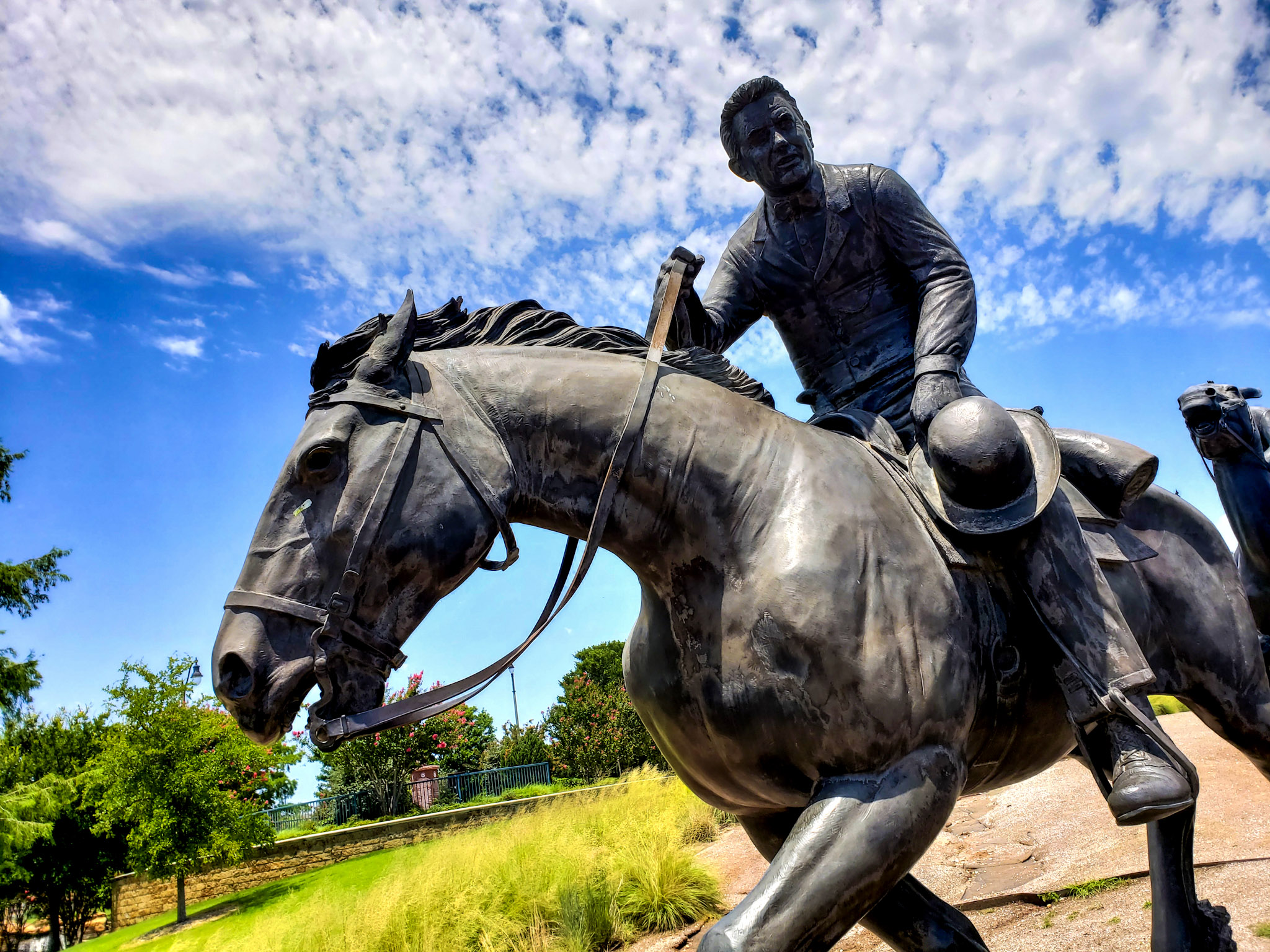Bitterroot : A Salish Memoir of Transracial Adoption
About the Book
In
Bitterroot
Susan Devan Harness traces her journey to understand the complexities
and struggles of being an American Indian child adopted by a white
couple and living in the rural American West. When Harness was fifteen
years old, she questioned her adoptive father about her “real”
parents. He replied that they had died in a car accident not long after
she was born—except they hadn’t, as Harness would learn in a
conversation with a social worker a few years later.
Harness’s
search for answers revolved around her need to ascertain why she was the
target of racist remarks and why she seemed always to be on the outside
looking in. New questions followed her through college and into her
twenties when she started her own family. Meeting her biological family
in her early thirties generated even more questions. In her forties
Harness decided to get serious about finding answers when, conducting
oral histories, she talked with other transracial adoptees. In her
fifties she realized that the concept of “home” she had attributed to
the reservation existed only in her imagination.
Making sense of
her family, the American Indian history of assimilation, and the very
real—but culturally constructed—concept of race helped Harness answer
the often puzzling questions of stereotypes, a sense of nonbelonging,
the meaning of family, and the importance of forgiveness and
self-acceptance. In the process
Bitterroot also provides a deep and rich context in which to experience life.
NEW INTERVIEW: When Native American Children Are Adopted By White Families, It Isn't Always A Happy Ending
Author Bio
Susan Devan Harness (Confederated
Salish Kootenai Tribes) is a writer, lecturer, and oral historian, and
has been a research associate for the Tri-Ethnic Center for Prevention
Research at Colorado State University. She is the author of
Mixing Cultural Identities Through Transracial Adoption: Outcomes of the Indian Adoption Project (1958–1967).
Praise
"What does it mean to be Native when
you weren't raised Native? What does it mean when the members of your
birth family who remained on the reservation tell you that you were
lucky to be raised elsewhere, but you don’t feel lucky? Harness brings
us right into the middle of these questions and shows how emotionally
fraught they can be. . . . It's time everyone learned about the many
ways there are of being Native."—Carter Meland, Star Tribune
“Bitterroot
is an inspiration—one woman’s quest to find herself among the racial,
cultural, economic, and historical fault lines of the American West. A
compelling, important memoir, as tenaciously beautiful as the flower for
which it’s named.”—Harrison Candelaria Fletcher, author of Presentimiento: A Life in Dreams
“One
Salish-Kootenai woman’s journey, this memoir is a heart-wrenching story
of finding family and herself, and of a particularly horrific time in
Native history. It is a strong and well-told narrative of adoption,
survival, resilience, and is truthfully revealed.”—Luana Ross
(Bitterroot Salish), codirector of Native Voices Documentary Film at the
University of Washington and author of Inventing the Savage
“A
page-turner of a memoir that illuminates a great
historical injustice. With wit and a sturdy heart, Susan Harness plumbs
her own and the American West’s uneasy past to shed the burden of living
‘in between’ and find wholeness. A compelling and moving
story.”—John Calderazzo, author of Rising Fire: Volcanoes and Our Inner Lives
LINK TO BUY
Review for Bitterroot - Star Tribune
http://www.startribune.com/review-bitterroot-a-salish-memoir-of-transracial-adoption-by-susan-devan-harness/497042611/
Susan also contributed to the anthology Stolen Generations, book three in the Lost Children Book Series



 Published December 19, 2018
Published December 19, 2018



















